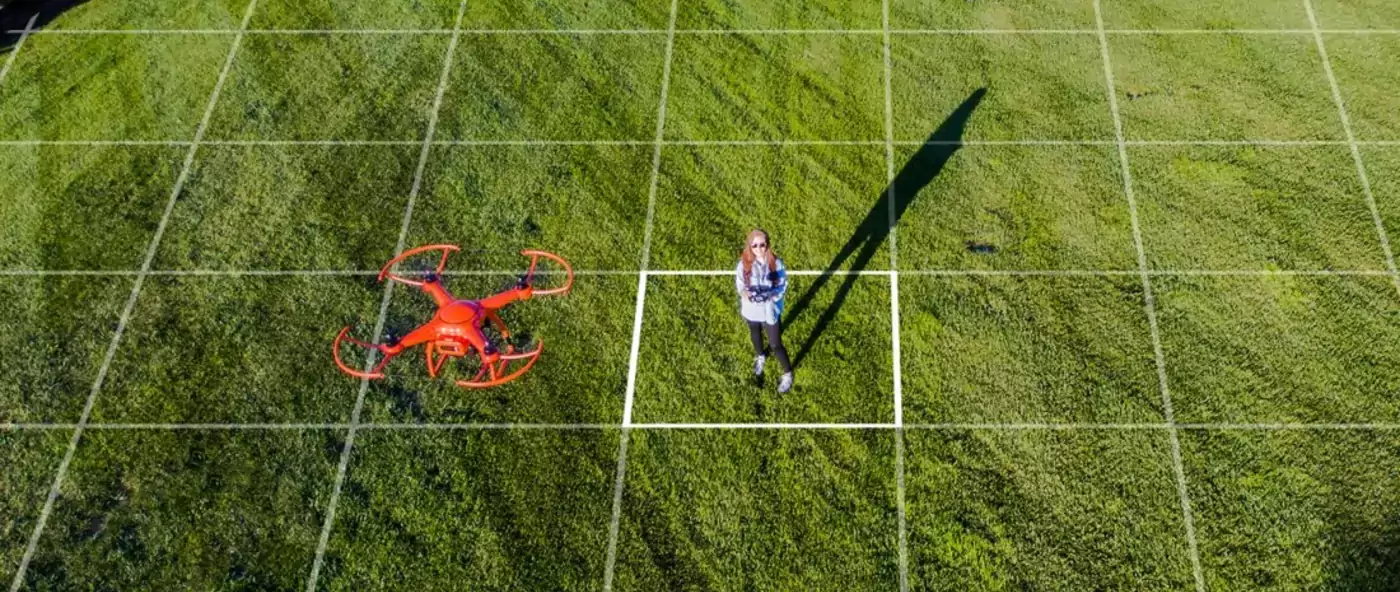Vismo has rolled out what3words location technology on its global location monitoring and safety platform, to help organisations respond to incidents more effectively – and keep their employees as safe as possible.
Vismo provides a proven, since 2012, resilient location monitoring and safety service to businesses, public sector organisations and NGOs, ensuring their travelling or remote employees can be located and protected while at work.
It does this via the Vismo App, which is used by almost 0.5m customer employees worldwide, many in FTSE 100 and Fortune 500 companies.
Using what3words addresses gives employees a simple way to describe, via the app, precisely where help is needed, enabling organisations to find and get resources to the scene faster. When a user presses the Red Alert or misses a Check-In on the Vismo App, administrators will receive an email and SMS notification with the details, including the what3words address.
Craig Swallow, Vismo CEO, says,
“Integrating what3words into our platform gives Vismo an extra edge in helping our clients and their employees. It gives administrators – those involved in the escalation process at the client end – a simple way of understanding the precise location of one or more employees. In an incident, it’s critically important to be able to convey information quickly and easily to administrators. Valuable time, and therefore lives and wellbeing, can be saved.
“Using what3words is especially useful in rural or unknown areas, where, using traditional means, finding a precise location can be difficult.”
Established in 2012 with offices in York, UK, and New Jersey, USA, Vismo provides location monitoring and safety solutions to more than 300 client organisations, helping protect more than 450,000 Vismo App users globally.
Vismo uses GPS, Wi-Fi access points and cell tower ID to locate and protect individuals locally and globally through the app on smartphones, tablets, personal trackers and satellite tracking devices.
The app is specifically designed to help all employees who are travelling, lone working away from home or working from home.
Swallow adds,
“Emergencies, from a road collision in the middle of the countryside to an incident outside a sports or music stadium gate, can happen anywhere. In an emergency, identifying precisely where help is needed is key.
The what3words approach to location identification uses a combination of three words that is unique to a location. ///kite.chats.dine, for example, is very useful to have – and is helping to save precious time, resources and lives every day.”
Co-founded in London in 2013 by Chris Sheldrick, what3words is the simplest way to talk about location. The system covers the entire world, never needs updating, and works offline.
A what3words address is a human-friendly way to share very precise locations with other people, or to input them into platforms and machines such as ride-hailing apps or e-commerce checkouts. It is optimised for voice input and contains built-in error prevention to immediately identify and correct input mistakes.
The free what3words app, available for iOS and Android, and the online map enable people to find, share and navigate to what3words addresses in 50 languages to date.
Millions of what3words addresses are in use around the world, with thousands of businesses using them to save money, be more efficient and provide a better customer experience. what3words is integrated into apps, platforms and websites, with just a few lines of code.
Products are available for free or for a nominal fee for qualifying NGOs. Its partners include Mercedes-Benz, Triumph Motorcycles, Premier Inn, the AA and many emergency services across the world.



